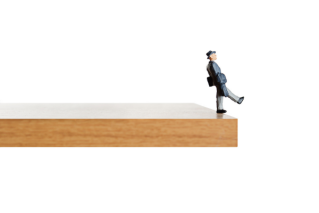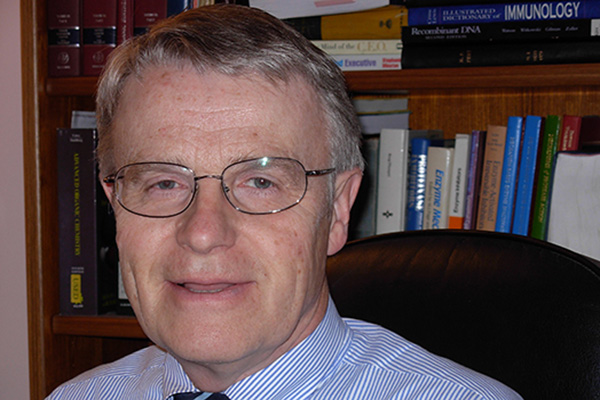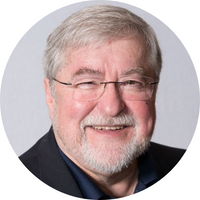
"... Probe the match of their technical acumen and your company’s needs."
There are two major things you want to find out in an interview:
- How good a technical match is this candidate for this position and
- How good a fit is the candidate with your company’s culture.
Looking at the candidate’s resume should reveal their training areas and technical experience/accomplishment. You can use this information as a starting point to probe the match of their technical acumen and your company’s needs.
I have found that my first and most important question is: “Take 2 minutes to tell me a little bit about yourself.” This question is not only an icebreaker, but also gives insight into personality, thinking process and potential cultural fit.
A question like “Take 2 minutes to introduce me to your research and the significance of its results” starts the conversation about what they have experienced and also tells you a bit about their personality and company fit.
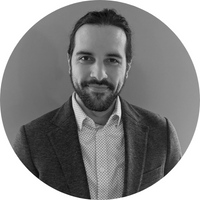
"[Learn] details about specific incidents instead of having the candidate speak hypothetically..."
First, you need to know your criteria for success. The successful candidate should have not only hard skills but also soft ones like communication ability, temperament, etc. The goal of the interview should be focused on verifying the presence of these skills and that this individual will work well with the current team.
Additionally, keep the distinction between the person’s contributions and their team’s contributions in prior roles. Have them answer questions like: How did you contribute to this goal? What responsibilities were you given/did you ask for? Also, learning details about specific incidents instead of having the candidate speak hypothetically can give insight into how they have behaved in the past. It's easy to construct a narrative when a question is leading or open-ended, but placing the question within the context and retelling of an event can yield a more direct response. This is for the best because if the interview is not frank, both parties could be making a costly mistake.
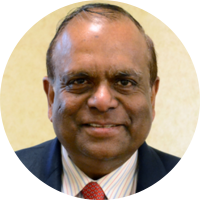
"Put applicants at ease."
Ensure your tone and demeanor are conversational, not confrontational. Put applicants at ease. Make eye contact, establish rapport and find shared interests. Encourage conversation by asking to explain and elaborate on the resume. Clarify any employment gaps, job hopping or unusual job titles. Candidates look for the right company and job and you’re looking for the finest employee. Ask open-ended questions. Prepare questions in advance; improvise based on responses. Listen more, talk less, listen attentively. Pay attention to non-verbal cues such as posture, alertness. Note their homework about your company. Leave time for candidates to ask you questions. Provide insights about the company, your management style. Keep your questions focused on the job, work environment and not with personal life.
This article has been edited for length and clarity. The opinions expressed in this article are the author's own and do not necessarily reflect the view of their employer or the American Chemical Society.
ACS Career Consultants are experts and leaders working in the field of chemistry who have volunteered to support other ACS members’ career development through one-on-one career counselling. They can stimulate your thinking, ask important career planning questions to help clarify goals, provide encouragement, teach strategies for making meaningful career decisions, and aid you in your job search. Connect with an ACS Career Consultant today!
Copyright 2020 American Chemical Society (All Rights Reserved)

